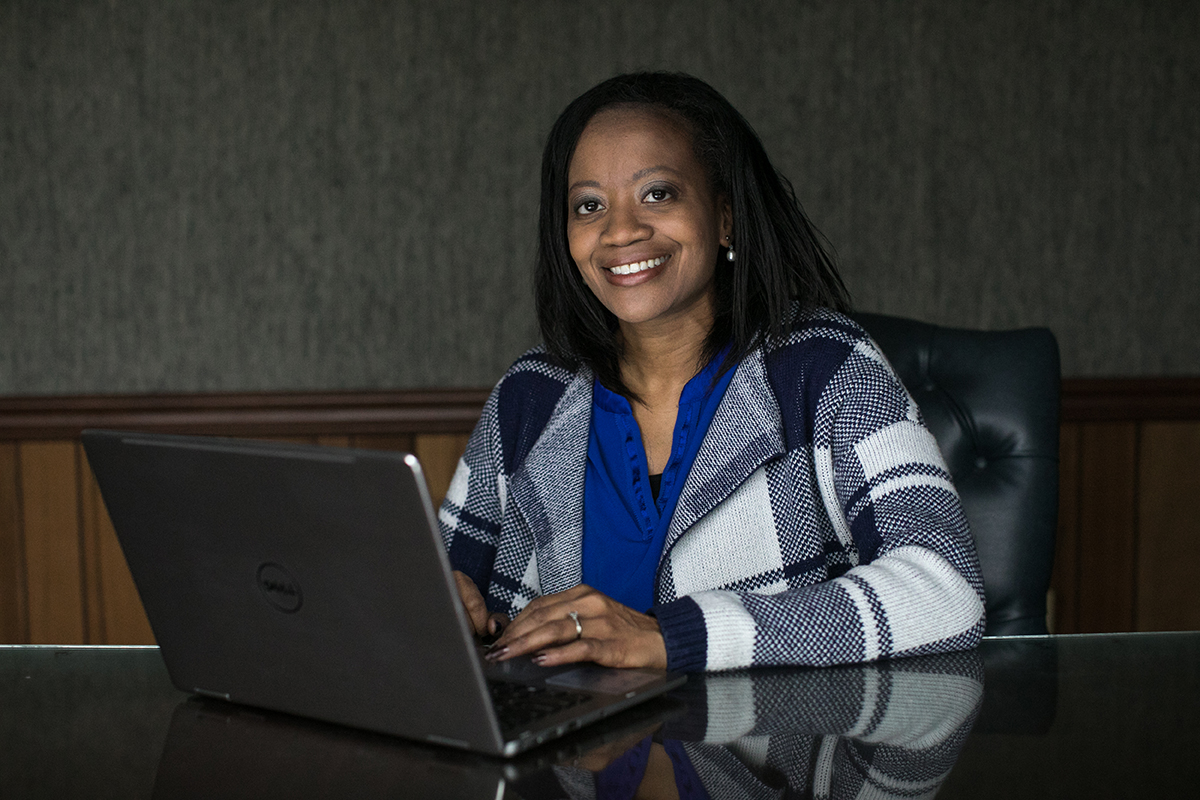AARP Hearing Center

By Linda H. Lamb
It’s one of those things that people know they should do someday—make end-of-life decisions and write them down.
Teeshla Curtis knew that. As a hospice agency employee, she promotes education on living wills, advance directives and do-not-resuscitate orders. She and her husband had discussed these issues. But then, last May, she faced a sudden medical crisis.
A busy wife and mom, Curtis found herself in an urgent care center with intestinal problems. She learned she had stage 4 colon cancer that had spread to her liver. Two days later, she underwent surgery, then chemotherapy. For her, at 46, the term “end of life” became agonizingly personal.
“Even though I was working on these issues for quite a while, I think I was just focused on the pieces of paper,” said Curtis, of Irmo. “But then I felt like, I need those papers signed!”
Finding and completing such documents can be difficult regardless of whether one faces an unexpected health crisis or just the reality of getting older. A new website, MyLifeMyChoices.org, aims to help by providing the resources people need in one place.
Teresa Arnold, state director of AARP South Carolina, said the site grew from the work of the South Carolina Coalition for the Care of the Seriously Ill (CSI), a grassroots group that includes AARP and other organizations.
While forms such as a health care power of attorney and a living will were available online, there was no comprehensive source of information on end-of-life planning, she said. “We want to be that place,” Arnold said.
Plan ahead to ease stress
The effort was launched with a $1.9 million grant from the BlueCross BlueShield of South Carolina Foundation. The Carolinas Center, a hospice trade group and advocacy organization, administers the grant.
Center President and CEO Marisette Hasan, who was a nurse for 37 years, said it eases the stress of end-of-life situations when patients have documented their wishes—for example, specifying whether they want to be kept alive by artificial means.
The website will include documents, advice, links with faith groups, education and training for clinicians, and a list of experts who can speak to groups.
“Many times people struggle with these decisions,” Hasan said. “Sometimes there’s tension between what the patient wants and what the family wants.”
Focus groups in the state on end-of-life issues found that family dynamics, rather than contemplating death itself, were people’s biggest concern.
Curtis, program manager for the Carolinas Center in Columbia, said the My Life My Choices initiative and website encourage people to talk about their end-of-life plans with family members.
One feature of the site will be a repository for advance-care documents. That will give authorized users, such as family doctors and emergency room staffers, quick access to these documents.
The database is being constructed slowly, to work out glitches and build support among providers, said John Ropp, a family-medicine physician in Hartsville with experience in advance-care planning.
Ropp hopes the new website will meet an urgent need for better communication.
“It’s all about honoring patients’ wishes,” he said.
Linda H. Lamb is a writer living in Columbia.































































